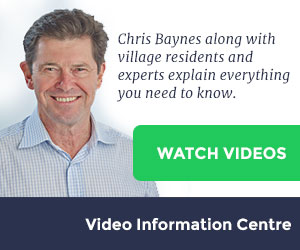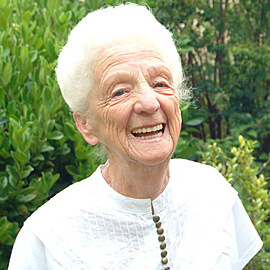Osteoporosis Case Studies
Kerry (58)
Executive Kerry believes ‘bad genes' are responsible for her developing osteoporosis; her mother, who passed away in 2004, suffered crippling osteoporosis - the simple task of turning on a tap would leave her with broken bones. This prompted Kerry to have a bone density test five years ago, which revealed her spinal density was "going downwards."
Describing the condition as "a scary disease," Kerry says the lack of treatment options and conflicting information are a constant frustration. She has been taking Actonel for the past four months but is very wary of its long-term effects. Instead, Kerry is hoping to manage her condition naturally and is in the process of finding as much information as she can about how magnesium and vitamin D impact the regrowth of bone.
Kerry now lives with back pain day-to-day. She has joined a gym where she does weight-bearing exercise, and walks for an hour three times a week, but admits she should be doing more. Then again, Kerry is cautious about doing too much because a friend of hers, who also suffers osteoporosis, has been walking 10 kilometres a day for 10 years in an effort to maintain her bone health and she's now got a crushed vertebra. Kerry says most people associate osteoporosis with a ‘thin' body shape; the fact that she's not ‘thin' highlights the condition doesn't discriminate.
Looking to the future, Kerry is open to learning more about the condition from both the perspectives of traditional medicine and alternative therapy. She hopes her experience will prompt others to be proactive about bone health, even if they think they're not high risk.
Julie (60)
Like Kerry, Julie feels she was predisposed to developing brittle bones because her father suffered osteoporosis. She currently has the condition osteopenia or low bone density, which is considered a precursor to osteoporosis. At the moment, Julie is trying to prevent it "going into the zone" of osteoporosis but concedes she is "on a slippery slope."
Julie has been on the medication Fosamax - a bisphosphonate drug - for five years. She says it's considered the "Rolls Royce" of the medications available but is not "totally convinced" it is right for her. The problem, she says, is that no one really knows if there are any side effects and you're not likely to know until it's too late.
In saying that, Julie believes your life is your responsibility so all you can do is take all the advice on board and make a decision that best suits your situation. According to Julie, the trouble is what's good in medicine today is often not good tomorrow so she views the opinions of specialists as a guide only.
Being of a slight build herself, Julie says it makes sense people who "don't have a lot of weight on their bones" are more prone to developing bone density problems. To maintain bone strength, she regularly participates in Pilates and body balance but knows she should also be doing more walking because "walking is weight on bones."
As for the future, Julie hopes there will be advances in medicine to reduce the rate of bone mineral loss. She advises others to be diligent in recognising risk factors because osteopenia and osteoporosis are "quiet diseases" whereby many sufferers don't realise they have it until they fall, which is often too late.






